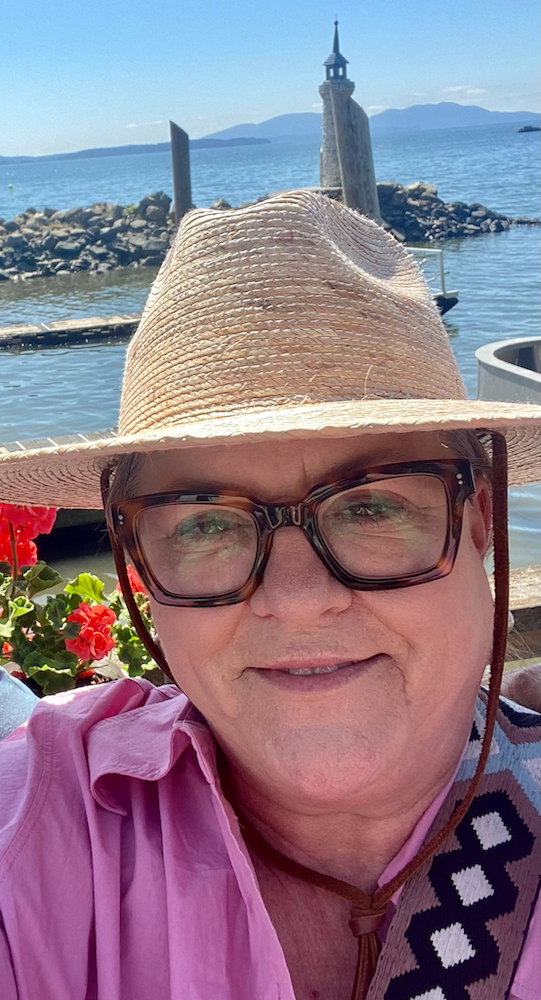Angie K. Smith
NOAH Business Development and Marketing
Angie Smith, a New Mexico native and long-time Arizona resident, is a self-proclaimed “Desert Rat” who is very concerned with water scarcity and climate crisis issues.
Angie Smith began working with NOAH in 2012 after an impromptu meeting with NOAH’s legal counsel forged a relationship based on the common goal of inspiring solutions to today’s critical water and climate issues.
Angie’s deep, decades long fund-raising, coalition and partnership building, and marketing experience provides business development expertise for NOAH.

She currently serves as the Director of Development at the College of Architecture, Planning and Landscape Architecture at the University of Arizona.
She was a founding partner of Smith & Dale Philanthropic Counsel, a Tucson, Arizona based consulting firm providing services to increase revenue for nonprofits and promote impactful giving for foundations and businesses.
Angie has more than 25 years of experience in fund and organizational development, including national experience designing and implementing capital and endowment campaigns. Angie has worked with a large variety of nonprofit organizations across the country and is an accomplished consultant and development strategist.
Angie has served on numerous boards and committees, Homicide Survivors, Inc. Tucson Symphony Orchestra, Primavera Cooks!, and the Association of Fundraising Professionals. In 2013 she was awarded the Association of Fundraising Professional’s ‘Outstanding Fundraising Professional’
Angie is a graduate of the University of New Mexico and lives with her husband and two daughters in Tucson, Arizona. A ‘Desert Rat’ she is very concerned with the climate crisis and water scarcity.

Angie is at the beautiful Puget Sound, a part of the U.S. that she loves and visits as often as possible, frequently sampling the delicious local seafood including her favorite oysters. In 2013, The Nature Conservancy co-authored a scientific study which found that more than 85% of oyster reefs around the world are gone. Sadly, despite the fact that many entities have worked for years to protect habitat and water quality, the formerly incredible abundance of wild oysters has been lost in many areas due to heavy harvesting, damaged and destroyed habitat, disease, and other human factors.
